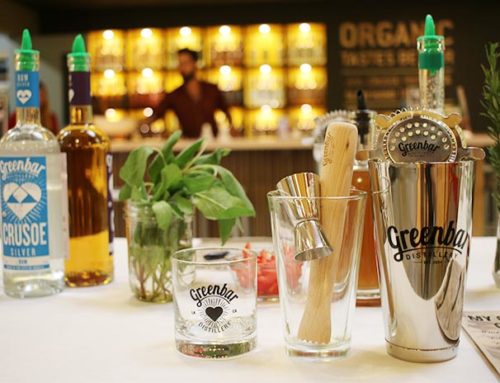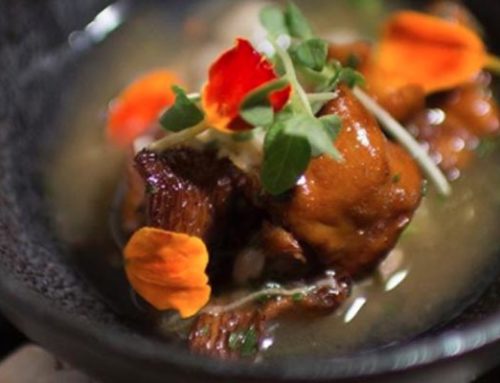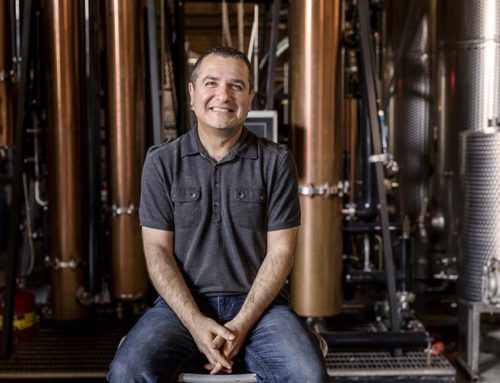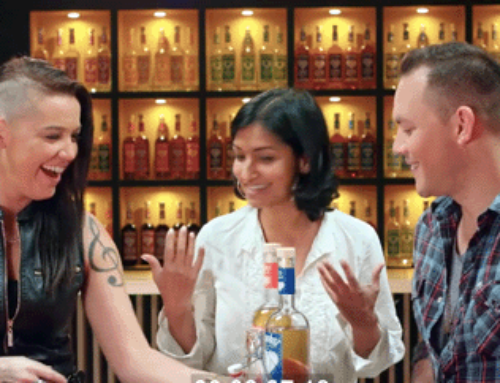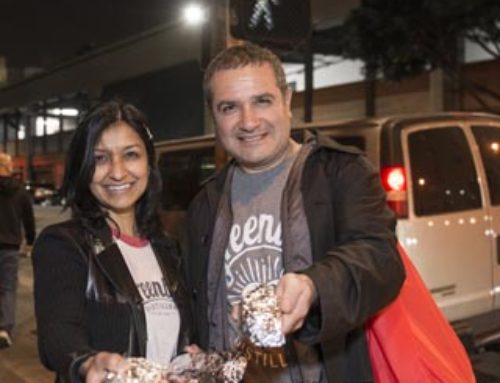Taste of Place: Culture vs Agriculture
by Melkon Khosrovian
The concept of terroir — that climate, soil and terrain affect the flavor of what we eat and drink — defines the origin stories for a whole host of culinary goods. French wine and French food are said to go together well because they come from the same land. Scotch whiskys taste just so because the harsh climate of Scotland whips them into their signature shape.
But when you eat a slab of barbecue ribs, can you actually tell whether or not the cow grew up in Iowa or Texas? Probably not. What counts more is the rub (dry or wet?), the sauce (vinegary or sweet?) and the unique flavors of the wood used to smoke it (hickory or oak or mesquite?). These stylistic decisions highlight the far more important human element in how things taste, something we here at Greenbar Distillery call “cultural terroir.”
What Is Cultural Terroir?
Cultural terroir is how everyone from chefs to brewers to distillers create a taste of place where individual and cultural factors matter far more than agricultural ones. As distillers, for example, we know that how a plant has been grown matters less to the ultimate taste of a spirit than how we cook, ferment and distill it.

Melkon Khosrovian with fully mature, hill grown agave.
Take, for example, our IXÁ tequila, which I go to Amatitan, in Jalisco, Mexico to make a few times a year. I make it from blue agave plants grown in the state’s lowlands, which should make it taste vegetal and grassy — unlike tequilas made in the region’s highlands that should taste sweet and fruity. Bucking tradition, I make IXÁ tequila in the lowlands in much the same way fellow distillers make their tequilas in the highlands: using fully mature, hill grown agave, cooking clay ovens, fermenting with the plant’s fiber and distilling in pot stills. These techniques, combined with a sprinkling of modern winemaking that I bring from California, help create a sweet, complex and velvety tequila that even tequila regulators who frequent the distillery where I make IXÁ swear is a highland tequila.

Melkon with his wife and fellow spiritsmaker, Litty, in Los Angeles.
As Angelenos, my wife and fellow spirits maker, Litty, and I can’t help but make our liquor from the perspective of being in the heart of this fascinating, diverse city situated in the fertile crescent of California. With our palate colored by the food we eat, combined with the West Coast’s history of experimentalism, we aim to capture and channel this sense of place and time into our spirits.
A more current example of cultural terroir in our line, CITY Bright gin, evolved out of the question — how would an L.A. gin taste? Obviously juniper was necessary for its crisp, gin-y flavor, but we bolstered that with 24 other ingredients that reflect the city’s vibrant immigrant food culture — from Sichuan peppercorns and ancho chiles to lemongrass and basil. These are the flavors that Angelenos know from their favorite Thai, Indian, Chinese, Mexican, Indian, Vietnamese and Middle Eastern dishes and these are the flavors that, to us at Greenbar Distillery, define the city’s sense of place and taste. A gin made to reflect the cultural terroir of any other city would taste totally different. (Hint, hint…fellow distillers in other cities 🙂 )

Melkon enjoying food truck tacos with friends in Los Angeles
Cultural Terroir = Innovation
We believe that creating with cultural terroir points the way for the spirits industry to innovate and for craft distilleries to lead the charge. Beating the drum of soil over community too often sucks the joy out the sensory journey to discover new, interesting spirits and turns it into a dry, intellectual exercise.
At Greenbar Distillery, we’re happy to toss out the rule books and focus on flavor. After all, it’s part of our cultural terroir. Go try one of our spirits and tell us what you think.

